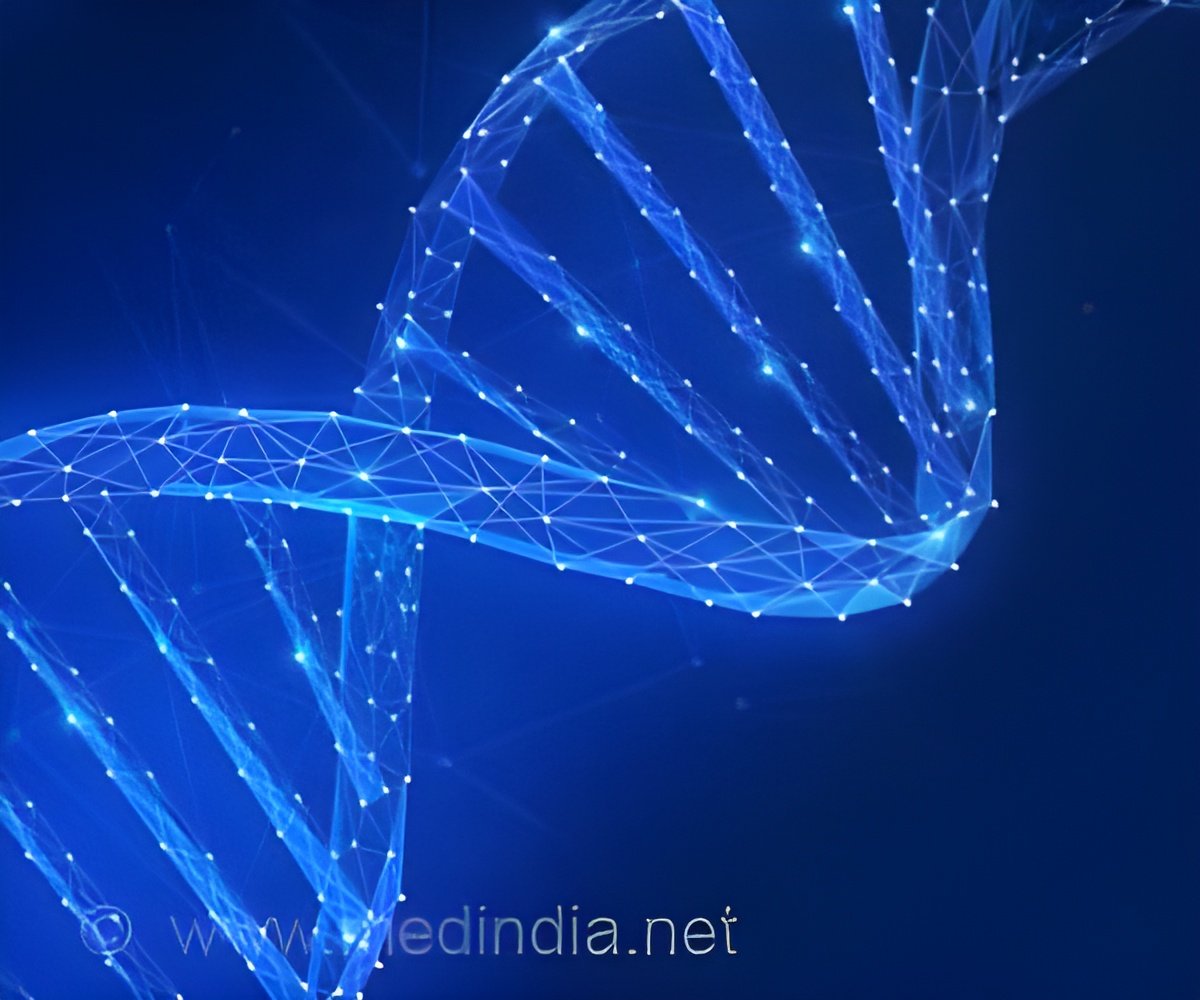
‘Cancer-related enzyme kinases can be effectively broken down by a technique called targeted protein degradation (TDP). A comprehensive map of 200 kinases that can be broken down is publicly available for different researchers.’
Read More..Tweet it Now
Researchers at the Dana-Farber Cancer Institute have published a new paper in the journal Cell which provides a guide to approximately 200 such kinases. This is the first comprehensive map for scientists working in a field which will have a major impact on cancer treatment.Read More..
This map is publicly available online to help various researchers to design molecules that target specific kinases. The molecule will serve as a template for drugs that will be more effective than the current targeted cancer therapies.
Role of Kinases (Cancer-Related Enzyme)
Kinases play a key role in adjusting the activity of cellular proteins. In an abnormal form, they can drive tumor cell proliferation (multiplication), hence they are the main target for anticancer drugs.
Targeted drug therapy binds to these kinases and prevents their action which slows the growth of tumor cells or even results in their death.
Advertisement
To overcome this problem, scientists have developed a technique called targeted protein degradation (TDP) that can destroy the kinases. This technique uses the cell’s internal machinery for breaking down, and excreting the used-up or expired proteins.
Advertisement
There are many advantages of TDP over targeted therapies.
Senior author of the study Eric Fischer said, “Degraders reprogram the cell's protein-degradation machinery. They basically hijack the waste-disposal system to deliberately degrade a target protein. They open up an entirely different therapeutic space: you don't have to rely on an inhibitor binding to an active site on the protein. You're taking out the entire protein."
Even though TDP is highly effective cancer therapy, questions about how to develop the most effective degraders and which kinases are most susceptible to them remains.
Fischer said, “Because this is a new field, there are a variety of hypotheses about why one degrader is more effective than another. By creating a comprehensive dataset, we can begin to extract some of the principles by which degraders function - and optimize their development. While TPD has shown a great deal of promise as a cancer therapy, many questions remain about how to build the most effective degraders and which kinases are the most susceptible to them."
To create this map, a large library of degraders, each capable of binding to different kinases were made by Fischer and his colleagues. A panel of cell lines expressing 500 protein kinases was treated to identify which kinases were degraded. 200 kinases that were degraded were identified.
Fischer said, “A researcher interested in a particular kinase as a potential target for degradation therapy needs to know, first, if it can be targeted by a degrader and, second, what type of degrader is likely to work best. He or she can use our database to find out if the kinase is degradable and what molecules can accomplish that. It gives researchers a lead in developing their own molecules."
He continues,"We're confident this work will not only fuel the discovery and development of new kinase degraders but also provide a blueprint for evaluating targeted degradation across entire gene families to extend our understanding of TPD into proteins other than kinases."
Source-Medindia










